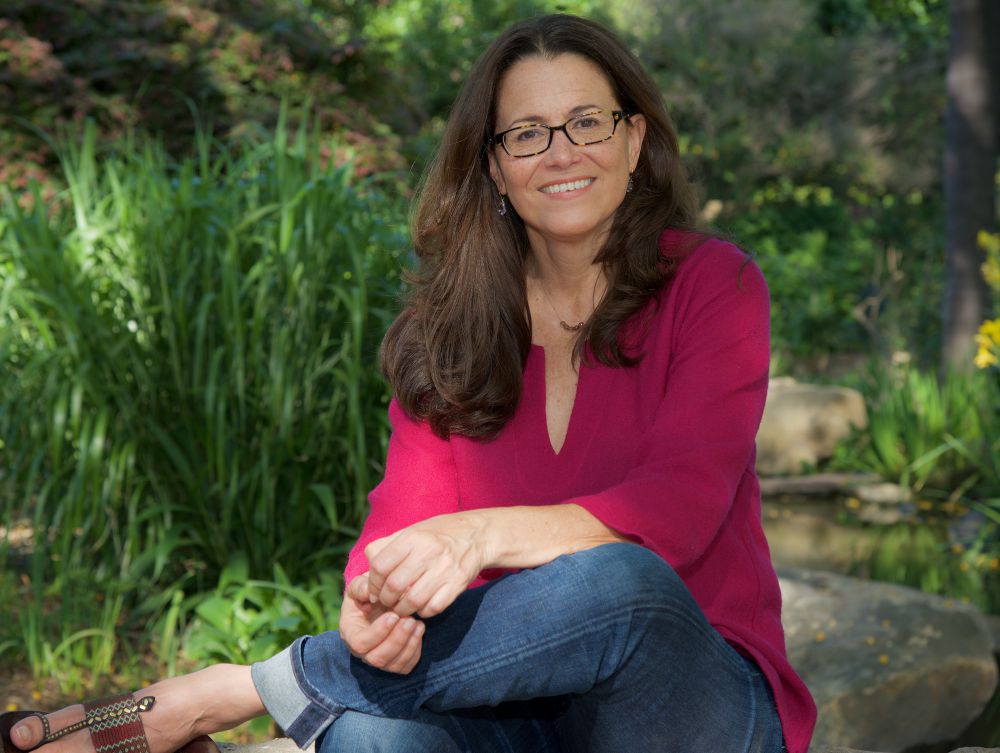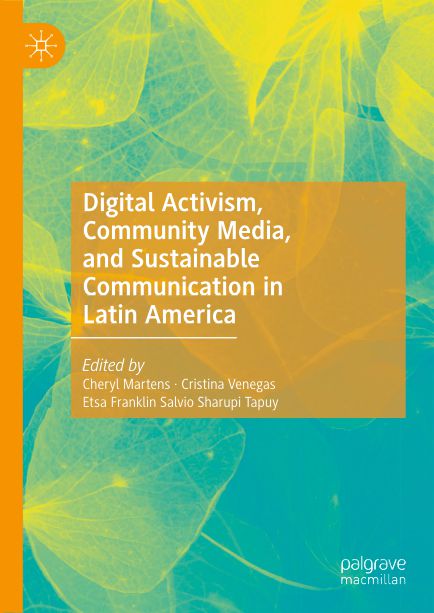
The Community Web

For many Americans, digital media is a way to share personal news. But some indigenous communities in Latin America have harnessed its potential as a means of survival.
In the book “Digital Activism, Community Media, and Sustainable Communication in Latin America” (Palgrave Macmillan, 2020), its 25 contributors also examine how diverse communities take up issues of sustainability using digital media to stay connected, to protest and to bring awareness of the issues that affect them.
“Important work has been taking place at the community level everywhere and this has been made amply clear this past year in the U.S., in Latin America and across the globe,” said Cristina Venegas, a UC Santa Barbara associate professor of film and media studies and one of the book’s three editors. “The range is impressive, from the Black Lives Matter movement to the Dakota Access Pipeline protests and the wide range of protest movements throughout 2019-20 in Chile, Bolivia, Colombia, Brazil, Ecuador and elsewhere.”
There are valuable lessons to be gleaned from them all, she said.
“We can learn from what community media groups across the world are doing to design scalable connectivity, how they are trying to solve intractable environmental issues, contesting unjust forms of policing and more.
“To know these efforts is to acknowledge that we are not alone; that our world is an extended community trying to solve similar issues and this knowledge helps to co-create solutions that also consider the impact on the planet,” she continued. “So, when we think of foreign companies extracting oil in Ecuador, we can understand that this has an impact on local indigenous communities in disproportionate ways. Their fight is connected to our fossil fuel needs in the North.”
The authors, Venegas said, discuss the communities’ media projects as forms of participation, organizing, cultural survival and education. Indigenous groups also battle invisibility in the media, she noted, and said their concerns are misrepresented in ways that serve the dominant interests of groups in power.
“Social media plays a role in these projects,” she said, “but so do locally organized groups working hard to improve equity in the representation of community issues, justice, economic and cultural survival, ecological sustainability and more. The book discusses case studies that consider how communities, academics and activists are working to find solutions by designing projects together that rely on shared knowledge traditions.”
Venegas, whose research includes the multiple dimensions of power that extend across media, said that community media has a long history in Latin American, and her work has taken up both how citizen media works alongside the state or private media entities.
“Latin America has a fascinating tradition of mixed media systems and wildly uneven forms of representation,” she said. “I’ve dealt with some of these questions in relation to Cuba, which has a specific sphere of power and functionality. My research on media in Latin America also focuses on the creative and theoretical work of filmmakers in the region and on curating the work of underrepresented artists across the region.”
It might be tempting for people in North America to assume the digital landscape is little different in Latin America, but Venegas said that’s not the case. Battles over media power between the government and private corporations have led to widespread public debate and policy reforms.
What that means, she said, is that community organizations aren’t just appropriating media but transforming it through a wide range of projects.
“Cyberfeminist networks play a key role,” Venegas said. “Indigenous community media are also part of several social movements and of other organizations across Latin America. They are also behind the production of content on websites, the data of the community, relating events that can be cited and archived, making it possible to study these sites of information to better understand Indigenous, worldviews, philosophies and perspectives.”
“Digital Activism” is being translated into Spanish in a second edition of the book.
Venegas’ co-editors are Cheryl Martens of Universidad de San Francisco de Quito in Ecuador and Etsa Franklin Salvio Sharupi Tapuy of Universidad Politécnica Salesiana Quijos Nationality and Confederación de Nacionalidades Indígenas de la Amazonía Ecuatoriana in Quito.



